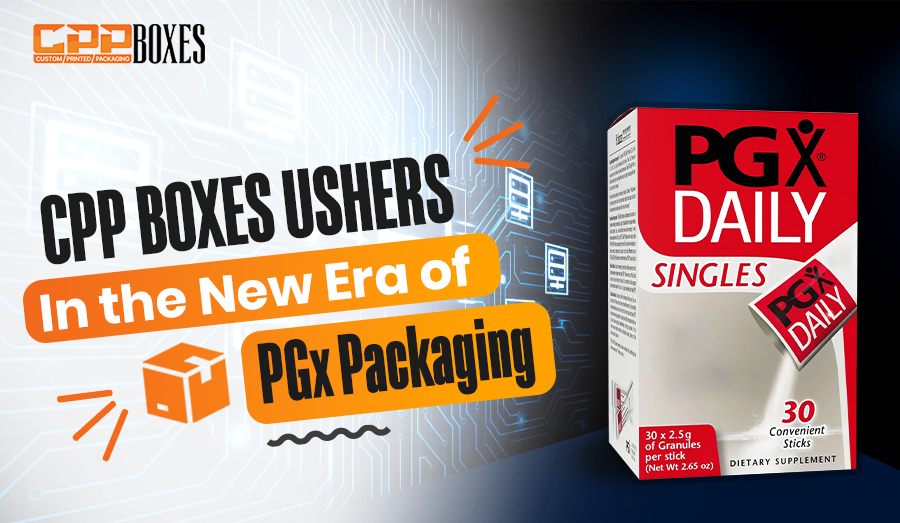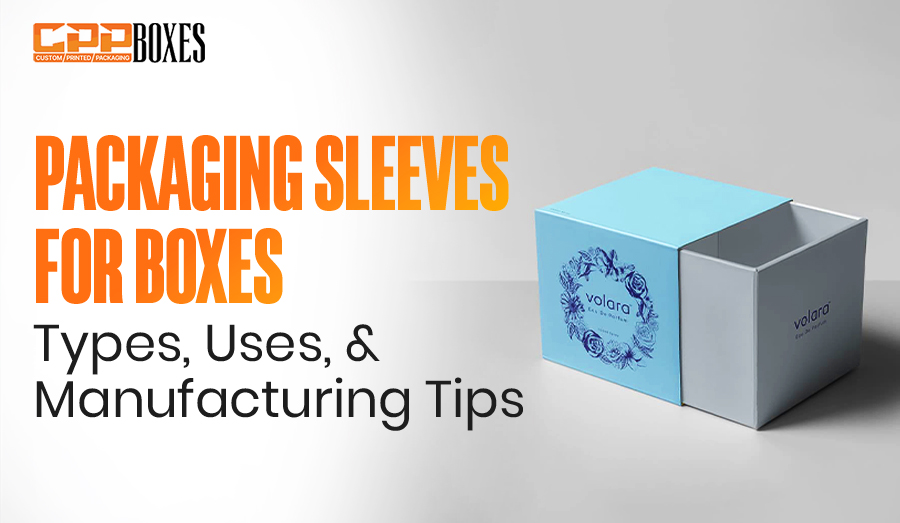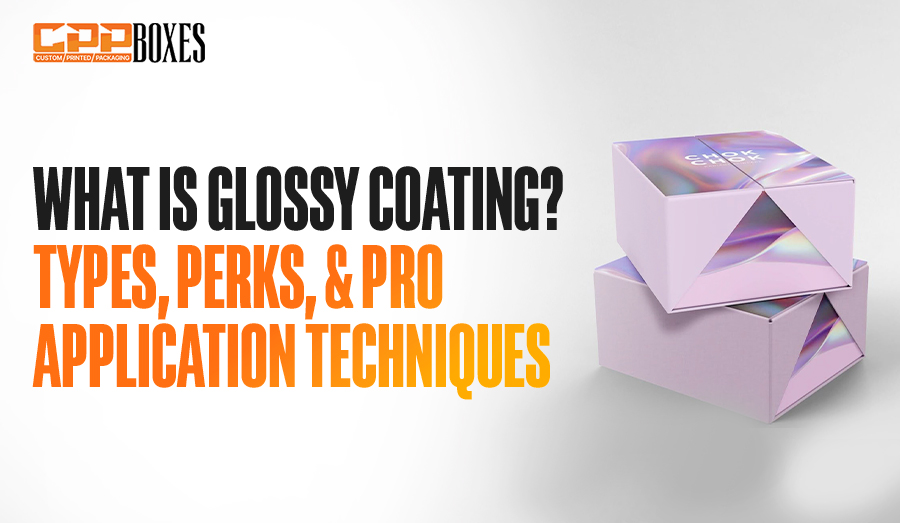- FREE SHIPPING On all orders
- SUPPORT 24/7 We support online 24 hours a Day
Custom cereal boxes are essential for your brand’s success. They not only preserve the freshness of crunchy cereal flakes but also advertise your business on a large scale. Therefore, you must pay attention to their manufacturing. Make sure they are unique, eye-catching, and functional to grab customers’ attention in no time. Well, there are different professional custom box suppliers who can provide you with the desired cereal packaging prints. But the best thing is that you can also make custom cereal boxes by yourself.
It’s cost-effective and allows you to showcase your creativity the way you want. So, if you are looking to create your own cereal box for your startup business or just want to learn how these amazing boxes are made, you’ve come to the right place. In this blog, we will discuss the entire process of designing and making cereal boxes in detail. So, buckle up, and let’s get started with us.
Here is a breakdown of how to make your own cereal box perfectly:
Understanding the basics of cereal box designs is essential to start the production process. You might have observed that cereal packaging solutions are no ordinary boxes. They are designed in a unique way that not just fulfills the aesthetic needs but also helps in a brand’s effective marketing. That’s why you can’t make any random decision. You must be very conscious of everything, whether it’s the box’s material, size, or imprinted graphics.
Prefer durable, sustainable, and lightweight manufacturing materials that not only protect the inner content but also make the packaging easy to ship and handle.
Make sure the box’s size should align with the amount of cereals it’s meant to contain. It shouldn’t be too tall or too small. Standard size usually ranges from small snack-sized boxes to larger family-sized options. Therefore, first weigh down the amount of cereal and Graphics
decide the box’s size accordingly.
The breakfast cereal market is one of the most competitive industries. Indeed, standing out is a big challenge over there, but attractive and unique packaging can help you stand out more quickly. Therefore, research what graphical illustration is trending in the market and what appeals to the customers most. Once you have a clear idea of how you want the box to present your product and brand, start creating your own custom cereal packaging.
After gathering the basic information, step to the material selection. It’s in fact the first step in creating your own cereal boxes. There are different material types that you can choose from. However, lightweight paperboard, sturdy cardboard, and eco-friendly kraft paper are the ideal options. All these materials are durable and easy to handle during shipping and storage.
It is the most common material used for cereal packaging boxes. If sustainability is your major focus, paperboard is the go-to option. You can easily print it with different eco-friendly inks as well.
This sturdy material, usually of the thickness of 24pt to 30pt, is preferred for larger boxes requiring extra strength. Cardboard provides extra protection to the inner content and ensures the product’s safe shipping and storage.
It is the best material to cut your brand’s carbon footprint. Besides sustainability, a 20pt to 30pt kraft paper is also picked up for its lightweight and durability.
Once you have decided on the box’s material, pay heed to its thickness. Remember, a heavier box weight ensures better protection for the inner content, while a lighter weight reduces the shipping cost.
Next, you have to create a box template. For this, pick up the material and lay it down on a flat surface. Start measuring the box’s dimensions. Usually, a standard cereal box size is 12 inches tall, 7.5 inches wide, and 2.5 inches deep. But you can also adjust the measurements, depending on your requirements. Here is how you can create a 3D template with precision and accuracy:
Once your template is perfectly ready, move to the most crucial step, which is designing. This is where you can have a lot of fun and a chance to showcase your creativity. Use famous design software, such as Adobe Illustrator, Canva, or Microsoft PowerPoint, to create your stunning and unique prints. Make sure to design the box’s front, back, sides, and top/bottom flaps.
Add important details, such as the brand name, product name, cereal’s nutritional facts, ingredients, and other vital information. Incorporate vibrant colors, logos, and eye-catching images to make the box visually attractive.
Here, it is important to note that your printed design must align with the measurements of the template. It should cover the entire surface of the box and fit best when the box is folded. Once the design is finalized, print it on high-quality or self-adhesive paper. Make sure the paper is sturdy enough to support the box’s structure.
After designing and printing, it’s time to cut the box and prepare it for assembly. Here are simple steps by which you can do this. Let’s check them out:
Once the cereal box is perfectly assembled, you can add some attractive finishes to make it more stunning and eye-catching. You can either add a plastic window, a resealable top, or special textures, such as embossed and debossed patterns. These add-ons are optional but can add a professional touch to your custom box.
And here, your custom cereal box is ready to package and display your nutritious and delicious cereals on the store’s shelf. No doubt, DIY preparation of cereal boxes is a fun process, but it’s not helpful for the bulk orders. Indeed, creating a large number of boxes by yourself is a daunting task. For this, you must partner with some professional packaging supplier in the US. CPP Boxes is one of the most trusted and leading options. We offer you wholesale custom cereal boxes with free shipping costs. Contact us today at 888-395-0493 or e-mail our customer support representatives at quotes@cppboxes.com and get these amazing cereal packaging solutions within 7 to 9 business days.
This design offers good protection and a premium unboxing experience.
GET YOUR QUOTE
.webp)





Blake Harper is an experienced and dedicated packaging engineer with a deep passion for creating innovative, sustainable, and cost-effective packaging solutions. He holds a degree in Packaging Engineering, where he gained a strong foundation in materials science, product design, and manufacturing processes. With years of hands-on experience, Blake has honed his skills in optimizing packaging designs for a wide range of industries, including consumer goods, electronics, and food packaging.
Currently, Blake has been with CPP Boxes, a leading packaging solutions provider, for several years, where he has played a key role in designing packaging that balances functionality, cost efficiency, and sustainability. His work at CPP Boxes has involved designing protective packaging, improving supply chain logistics, and developing eco-friendly solutions that reduce waste and environmental impact.
Blake's expertise lies in selecting the right materials, creating structural designs that maximize protection and minimize costs, and ensuring that packaging meets both consumer expectations and industry standards. His approach integrates creativity with technical know-how, always striving for solutions that are both practical and innovative.
Passionate about environmental sustainability, Blake is always exploring new ways to incorporate eco-friendly practices into his work. He is committed to advancing packaging technologies and methodologies that reduce waste, improve recyclability, and contribute to a more sustainable future. Throughout his career, Blake has become known for his strong problem-solving skills, attention to detail, and his ability to collaborate effectively with cross-functional teams to meet project goals.
Macarons, with their enchanting appearance, are sweets that are kno...
January 3, 2025
Are you fond of cereals? Ever thought of what makes them stand out ...
January 3, 2025
There is a vast majority of people who like to enjoy a meal in the ...
January 3, 2025
Custom mini cereal boxes are smaller-sized packaging solu...
January 3, 2025